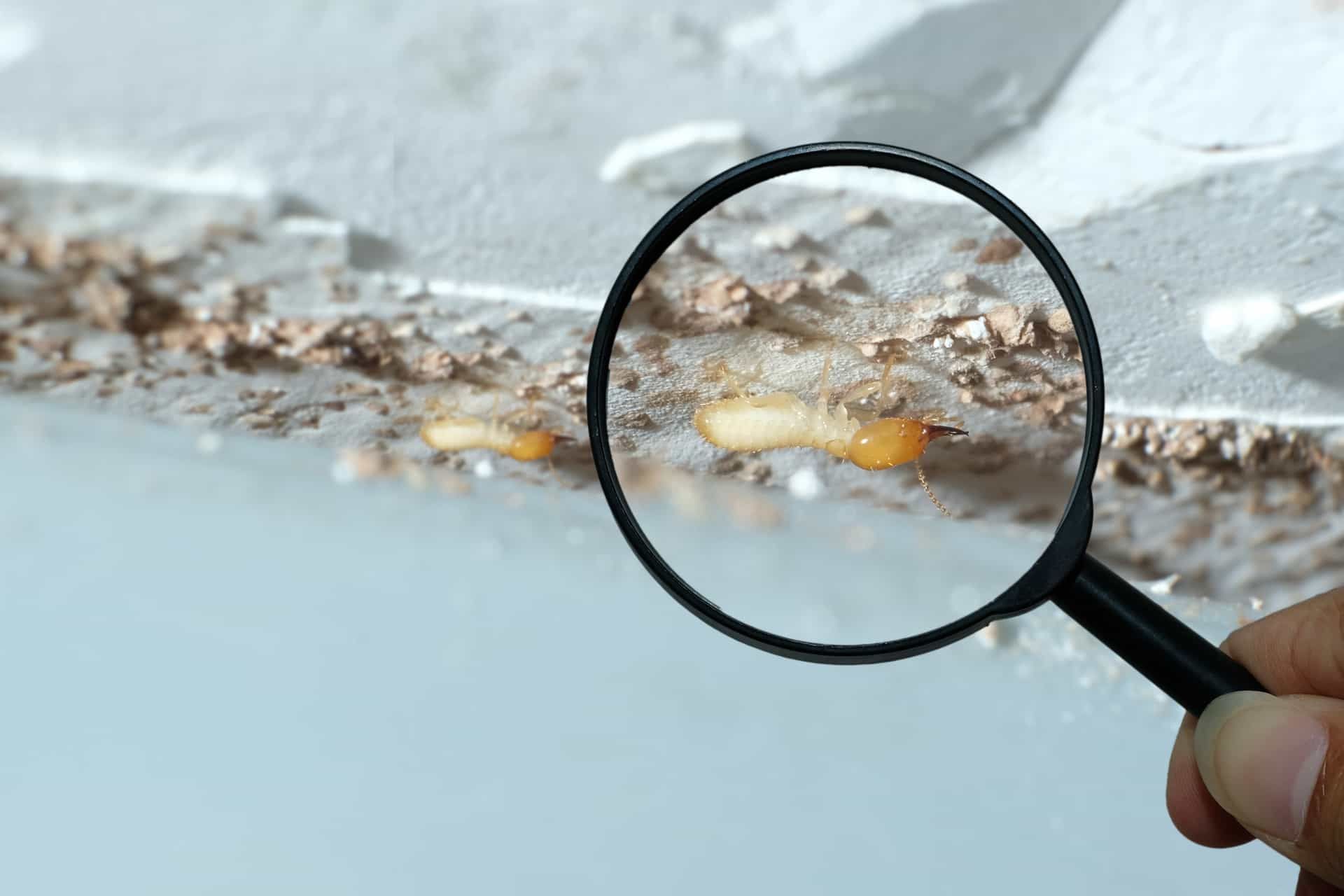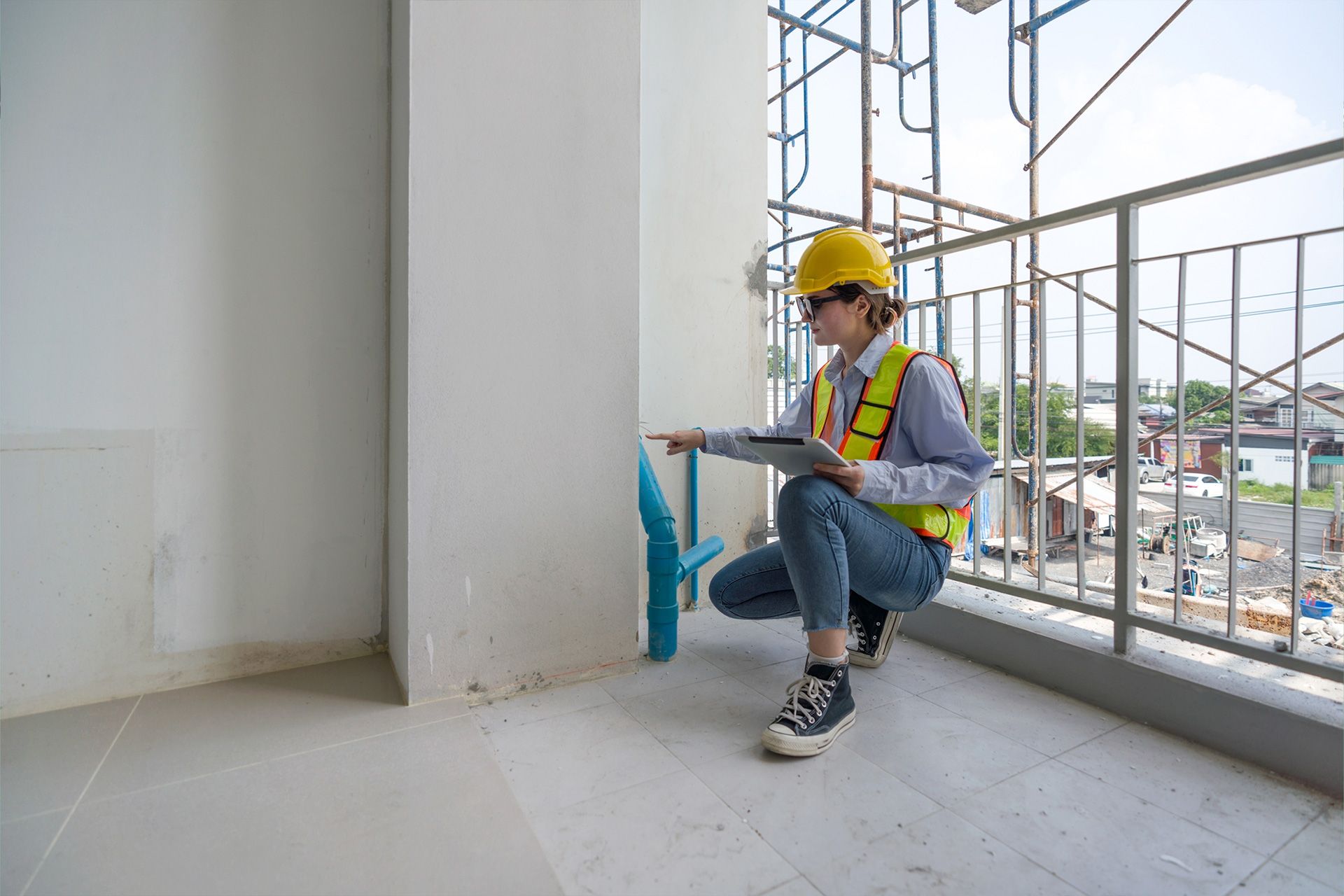Septic System Smell in House: Causes and Prevention
Did you know? According to the U.S. Environmental Protection Agency (EPA), more than one in five homes in the United States rely on a septic system. That’s millions of homes at risk of septic system issues—including nasty septic system smells inside the house.
If you’ve ever caught a whiff of a foul sewer gas smell in your home, you’re not alone. Many homeowners experience this at some point. But what causes this smell, and how can you stop it from happening again? In this guide, we’ll break it down in a way that’s simple, clear, and helpful.
What Is a Septic System?
A septic system is an underground wastewater treatment structure. It’s usually used in homes that aren’t connected to city sewer lines. Wastewater from toilets, sinks, showers, and washing machines flows into the septic tank. The tank separates solids from liquids, and the liquid (called “effluent”) moves into a drain field to be naturally filtered by the soil.
When the system works well, you don’t notice it. But when something goes wrong, the smell can be terrible—and dangerous.
Why Does My House Smell Like a Septic System?
A septic system smell in the house is a sign something isn’t working right. Here are the most common reasons:
1. Dry Drain Traps
- What it is: Under sinks, tubs, and toilets are “traps”—curved pipes that hold a little bit of water. That water stops sewer gases from coming into your home.
- Cause: If a drain hasn’t been used in a while, the water dries up. Without that water barrier, sewer gas smell comes right through.
- Fix: Run water in every sink, shower, and tub at least once a week, especially in rarely used bathrooms.
2. Blocked or Broken Vents
- What it is: Septic systems have vent pipes (usually on your roof) that release gases safely outside your home.
- Cause: These pipes can get blocked by leaves, bird nests, or ice. Sometimes they crack or break.
- Fix: A plumber or home inspector can check your vents and clear blockages or repair damage.
3. Full Septic Tank
- What it is: Over time, the solids in your septic tank build up.
- Cause: If the tank gets too full, it can’t separate waste properly. Gases back up into your house through drains or toilets.
- Fix: Get a septic inspection and pump your tank every 3-5 years, or more often if you have a big family.
4. Sewer Line Damage
- What it is: Pipes that carry waste from your home to the septic tank.
- Cause: Tree roots, shifting soil, or age can cause cracks or breaks. This allows gases to escape.
- Fix: A professional septic inspection can use a camera to find the damage and repair it.
5. Improperly Sealed Toilets or Fixtures
- What it is: Toilets and plumbing fixtures are sealed to prevent leaks and gas smells.
- Cause: A bad wax ring under your toilet or a loose connection can let sewer gases leak into the bathroom.
- Fix: A plumber can reseal or replace faulty parts easily.
6. Overflowing or Saturated Drain Field
- What it is: This is where the wastewater is filtered into the ground.
- Cause: Heavy rain, flooding, or a clogged system can keep the water from soaking in properly. This can push sewer gases back toward the house.
- Fix: Have your system inspected. You may need to repair the drain field or redirect rainwater.
Why Sewer Gas Smell Is a Serious Problem
A sewer gas smell isn’t just annoying. It can also be harmful. Sewer gases contain things like:
- Hydrogen sulfide: This smells like rotten eggs and can cause headaches or dizziness.
- Methane: This is flammable and can be dangerous in enclosed areas.
- Ammonia: It can irritate the eyes and throat.
If you smell these in your home, don’t ignore it. It could lead to health problems or even a fire hazard.
How to Prevent Septic System Smells in the House
Good news! You can prevent most septic smells with regular care. Here’s how:
1. Schedule Regular Septic Inspections
A professional septic inspection can catch small problems before they become big, smelly ones. Inspections should happen every 1-3 years, depending on your usage.
2. Pump Your Septic Tank on Time
Have your tank pumped every 3 to 5 years. If you use a garbage disposal or have a large household, you might need to pump it more often.
3. Use Water Wisely
Too much water can overload your system. Spread out laundry loads, fix leaky faucets, and use water-saving fixtures.
4. Don’t Flush Trash
Only flush toilet paper and human waste. Wipes, diapers, coffee grounds, grease, and chemicals can clog your system and cause smells.
5. Protect Your Drain Field
Never park cars or build structures over the drain field. Avoid planting trees too close, as roots can damage pipes.
6. Check for Leaks and Cracks
Have a plumber or inspector look for leaky pipes, broken seals, or cracks in your vents and toilet connections.
7. Watch for Warning Signs
Call a professional if you notice:
- Gurgling sounds in drains
- Slow draining sinks
- Wet spots in your yard
- Persistent bad smells
These could mean your system is in trouble.
When to Call a Septic Expert
If the smell doesn’t go away after trying the tips above, it’s time to call in a pro. A licensed plumber or home inspection company like Guardian Angel Inspections can check your system thoroughly and give you clear answers.
An expert will use tools like cameras, smoke tests, and meters to find the exact cause of the septic system smell. They can then recommend repairs or maintenance that are safe and effective.
Final Thoughts
Living with a septic system smell in your house is not only unpleasant—it can be dangerous. Thankfully, most causes can be fixed easily with regular maintenance, smart habits, and the help of a trusted septic inspection professional.
By staying on top of your septic system’s health, you can keep your home smelling fresh and safe for your family.
Need help getting to the root of a septic smell in your home? Contact Guardian Angel Inspections for expert septic inspections today!
Disclaimer: The information on this website and blog is for general informational purposes only and is not professional advice. We make no guarantees of accuracy or completeness. We disclaim all liability for errors, omissions, or reliance on this content. Always consult a qualified professional for specific guidance.
Share this entry







